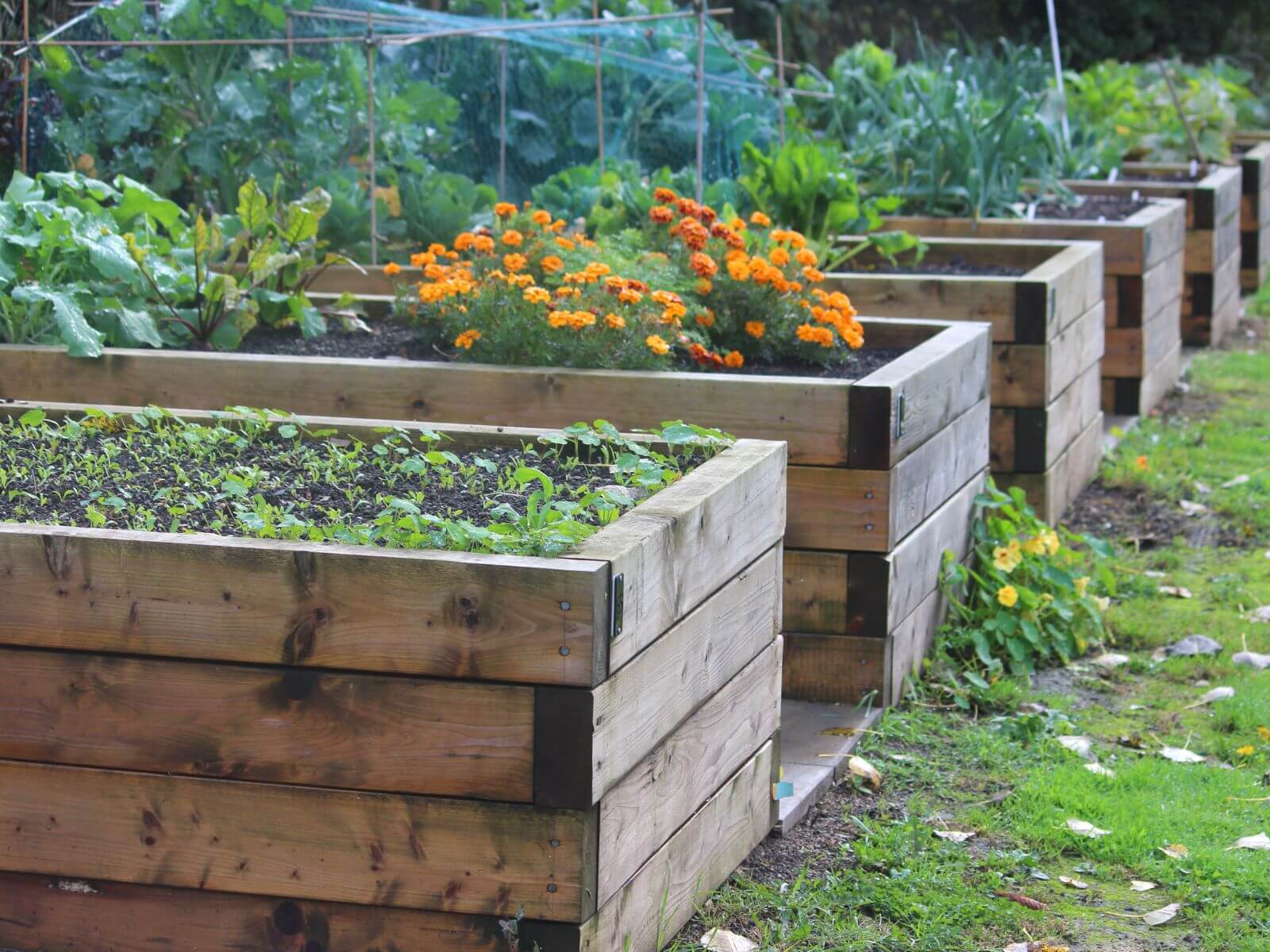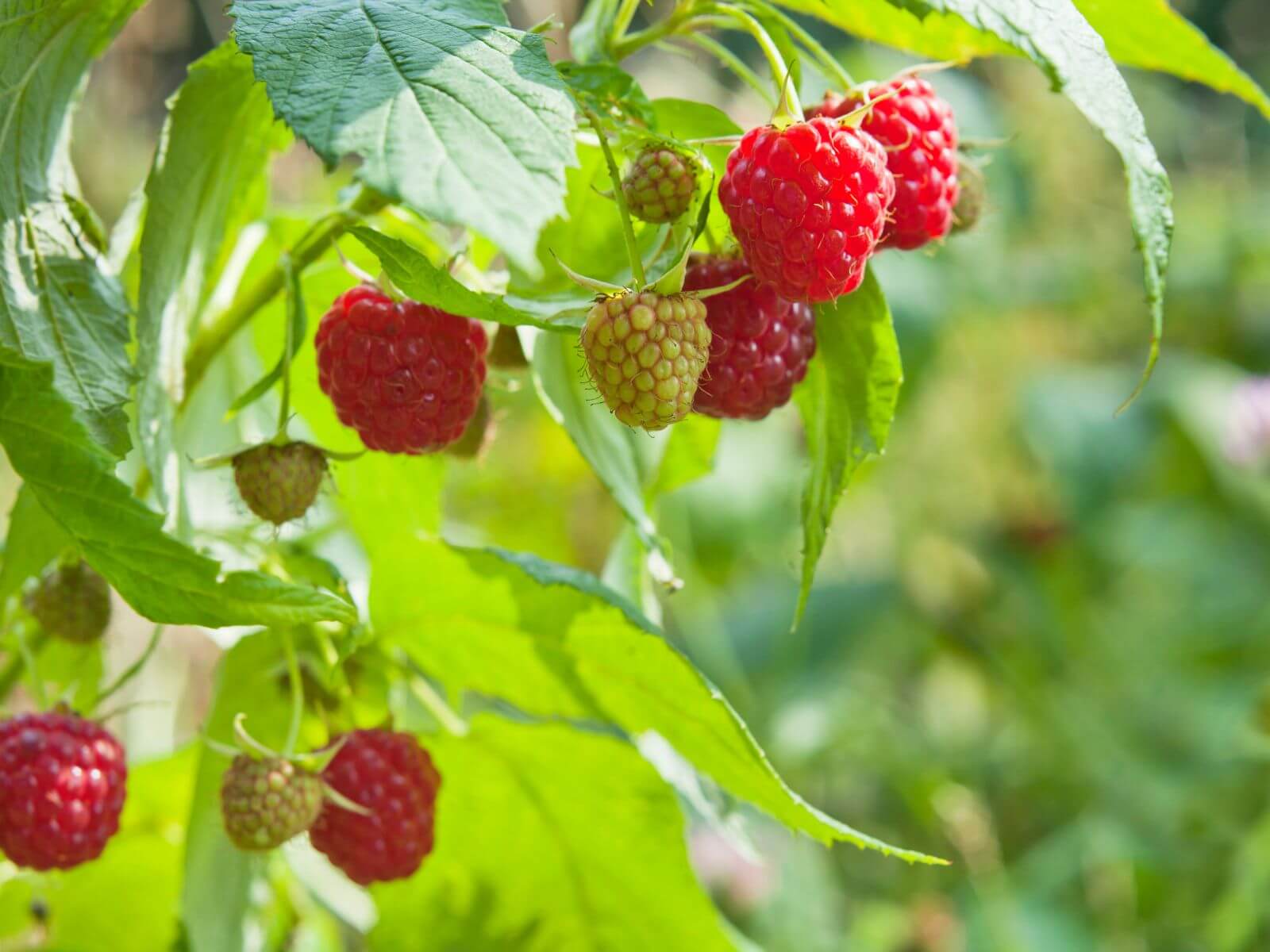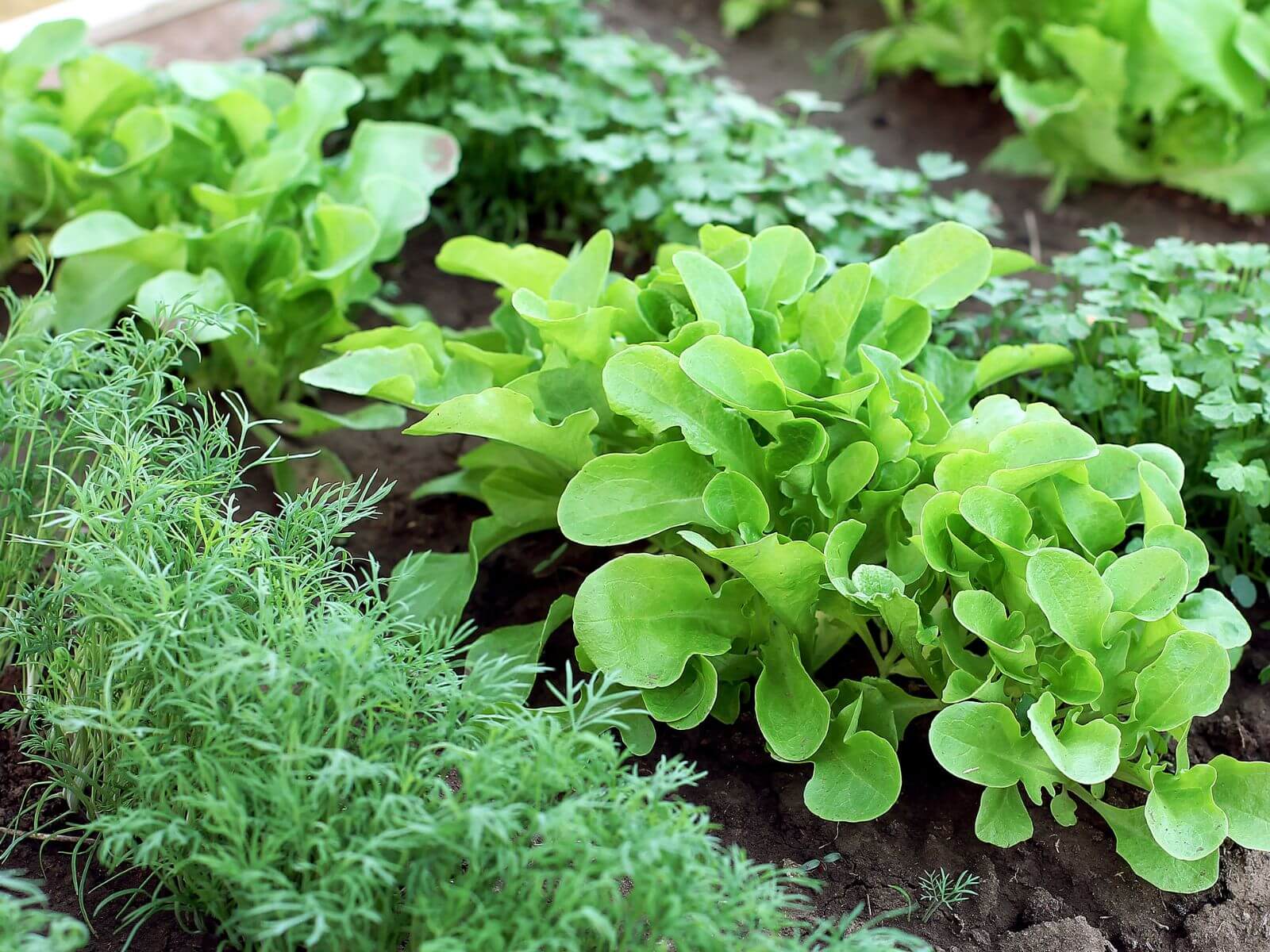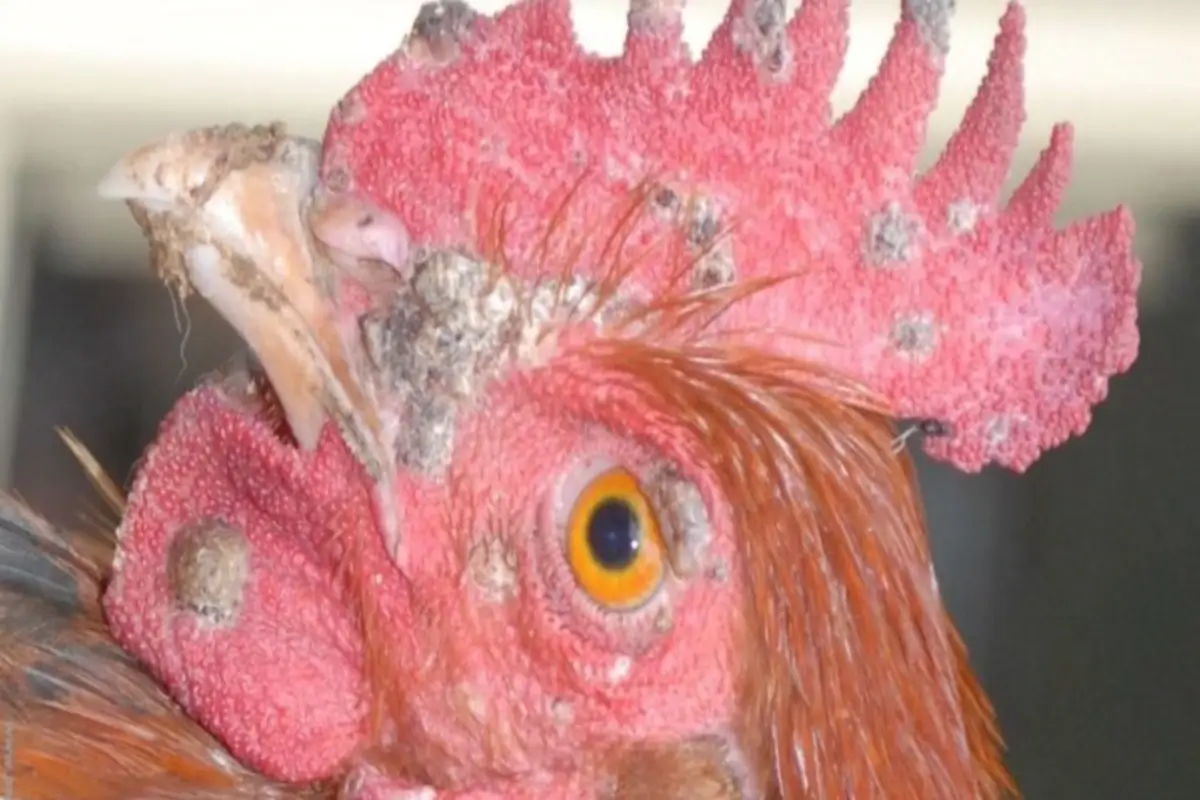Table of Contents
Best Fruits and Vegetables to Grow for Your Chickens
The best fruits and vegetables to grow for your chickens do more than just fill their bellies—they boost their health, cut down on food waste, and even save you money. As garden season kicks off, we’re sharing our favorite chicken-approved produce picks to plant this spring.
One of the most rewarding parts of raising backyard chickens is watching your flock enjoy life’s little joys—dust baths, sunny afternoons, and fresh snacks plucked straight from the garden. If you’re already growing produce for your household, it’s easy to grow a little extra for your hens too.
Planting a chicken-friendly garden is a smart, sustainable way to support your flock with fresh, nutritious treats. In this guide, we’ll cover the best fruits and vegetables to grow for your chickens, what to avoid, and how to keep curious beaks out of the garden until harvest time.
Why Grow Food for Your Chickens?
Chickens are natural foragers. They love variety, and their bodies benefit from fresh, nutrient-dense foods. While balanced chicken feed should still be their main diet, fruits and vegetables are excellent as supplements, treats, and enrichment.
Here are just a few reasons to grow food for your flock:
Health Benefits
Many fruits and vegetables are packed with vitamins, minerals, and antioxidants. Adding variety to your hens' diet can boost immunity, improve egg quality, and keep them active.
Cost Savings
Chicken feed isn’t cheap—and those weekly snack runs for mealworms and scratch can add up. Growing your own fruits and vegetables gives you a low-cost, renewable food source right in your backyard.
Reduced Waste
Left with half a cucumber or overripe strawberries? Toss them to your flock! Growing food for your chickens lets you recycle garden scraps and make the most of every harvest.
Chicken-Safe Fruits to Grow
Fruit should be served in moderation—it’s high in sugar—but it's a favorite among backyard flocks. These fruits are safe, healthy, and easy to grow in most backyard gardens:
Strawberries – Packed with Vitamin C and antioxidants. Chickens love them fresh or frozen.
Blueberries – Small and bite-sized, great for enrichment and brain health.
Raspberries – Fiber-rich and delicious. Watch your hens run when you drop a handful!
Watermelon – Super hydrating in summer. Offer flesh and rinds (avoid seeds for young chicks).
Cantaloupe & Honeydew – High in water and vitamins. Let your flock clean out the rinds.
Apples (seeds removed) – Great source of fiber and Vitamin A. Always remove seeds—they contain cyanide.
Bananas – High in potassium and easy to mash. Feed ripe and in small amounts.
Grapes – Easy to grow in many climates. Feed sliced to avoid choking.
Peaches (no pits) – Sweet and safe, just remove the pit first.
Pumpkin – Full of fiber, Vitamin A, and natural deworming properties. Seeds are a bonus treat!
Tomatoes (ripe only) – Offer only the red, ripe fruit. Avoid green parts and leaves.
Feeding Tip:
Offer fruits in small portions 2–3 times per week. Too much can disrupt digestion or cause soft eggshells.
Chicken-Safe Vegetables to Grow
Vegetables are lower in sugar and safe to feed more regularly. These varieties are nutrient-dense and chicken-approved:
Lettuce (avoid iceberg) – A hydrating, low-calorie snack. Choose darker greens like romaine or butterhead.
Kale – Packed with calcium and vitamins A, C, and K—great for egg-laying hens.
Swiss Chard – Bright, hardy, and full of minerals. Chickens love both the leaves and stems.
Spinach (in moderation) – High in iron, but limit due to oxalates which can block calcium.
Cabbage – Fun enrichment food. Hang it in the run for a pecking toy.
Carrots & Carrot Tops – Root and greens are safe. Grate carrots for easier digestion.
Beets – Good source of antioxidants and fiber. Feed in small amounts, raw or cooked.
Zucchini – Chickens love the seeds and soft skin. Great for summer hydration.
Squash – Nutrient-rich and easy to grow. Offer both summer and winter varieties.
Broccoli Leaves – More nutritious than the florets, easier for chickens to digest.
Cucumbers – Cooling and hydrating, especially on hot days.
Corn (in moderation) – High in carbs, treat it like dessert. Avoid moldy corn.
Grow extra leafy greens as “chicken rows” and harvest just for them—or let them have at it at the end of the season.
Fruits & Vegetables to Avoid Feeding Chickens
Some fruits and veggies are toxic or problematic for chickens. Don’t grow these as treats:
Avocados – Skin and pit contain persin, which is toxic to birds.
Raw Potatoes & Green Potato Skins – Contain solanine, a dangerous compound.
Rhubarb – Oxalic acid makes it toxic to chickens.
Eggplant (especially leaves and green skin) – Contains solanine like potatoes.
Onions – Can cause anemia and flavor the eggs.
Garlic (in large amounts) – Strong flavor that can transfer to eggs; fine in small doses.
Citrus Fruits – Can interfere with calcium absorption and irritate the digestive tract.
Unripe Tomatoes and Tomato Leaves – Contain solanine; only feed ripe fruit.
Apple Seeds – Contain cyanide; always remove before feeding.
Keep these out of the coop or garden area. If planted, fence them off or grow them in separate raised beds.
Garden Planning Tips for Chicken Keepers
Protect Your Garden... from Your Chickens
Your flock might be cute, but they’re ruthless garden destroyers. They'll scratch up roots, nibble leaves, and snack on unripe produce.
Use fencing or raised beds to keep chickens out
Let them into the garden only after harvest or during cleanup
Grow fast-maturing “sacrificial” crops just for the flock to forage
Harvest, Then Share
It’s best to harvest produce yourself and share scraps, trimmings, or surplus. This way, you avoid overfeeding and can monitor what your flock is eating.
Rotate Your Garden
Use one section of your garden for food, another for cover crops or chicken-safe weeds like clover or dandelion. Rotate access as needed to avoid over-foraging.
A Backyard Ecosystem That Works
Growing fruits and vegetables for your flock creates a full-circle, low-waste ecosystem in your backyard. You benefit from fresh eggs and garden compost. Your flock benefits from fresh produce and seasonal variety. And your wallet? It gets a break from store-bought treats and supplements.
Whether you’re planting a few pots on your patio or a full garden, including your chickens in the plan helps you create a space that’s not only beautiful—but functional, sustainable, and deeply rewarding.
Grab Your Free Chicken Garden Checklist
Want a printable version of the best fruits and veggies to grow (and avoid)? Download our Garden Treats for Chickens Checklist to bring to the garden center or use when planning your next planting. Download here!
👉 Looking to grow more for your flock? Check out our companion guide on chicken-friendly herbs and flowers to plant in your garden! Learn more here.
FAQs
Can I feed my chickens fruits and vegetables every day?
Fruits should be offered in moderation (2–3 times per week) due to their sugar content, while most vegetables can be fed more regularly. Always ensure that fruits and veggies are treats—not a replacement for balanced feed.
What’s the best way to keep my chickens out of the garden?
Use fencing, raised beds, or chicken wire tunnels to block access. You can also allow supervised foraging after harvest or designate specific “chicken rows” just for them.
Do I need to cook vegetables before feeding them to chickens?
Not usually! Most veggies can be served raw—just chop or grate tougher ones like carrots or beets. Avoid feeding anything moldy, overly salty, or oily.
Can I compost chicken waste in the garden where I grow their food?
Yes, with care. Chicken manure is rich in nitrogen but needs to be composted fully before adding to your garden to avoid burning plants or spreading pathogens.
What if I accidentally grow something toxic to chickens?
Don’t panic! Just keep toxic plants fenced off or grown in containers away from your flock. Always remove pits, seeds, and unripe or green parts of vegetables before feeding.


.png)





